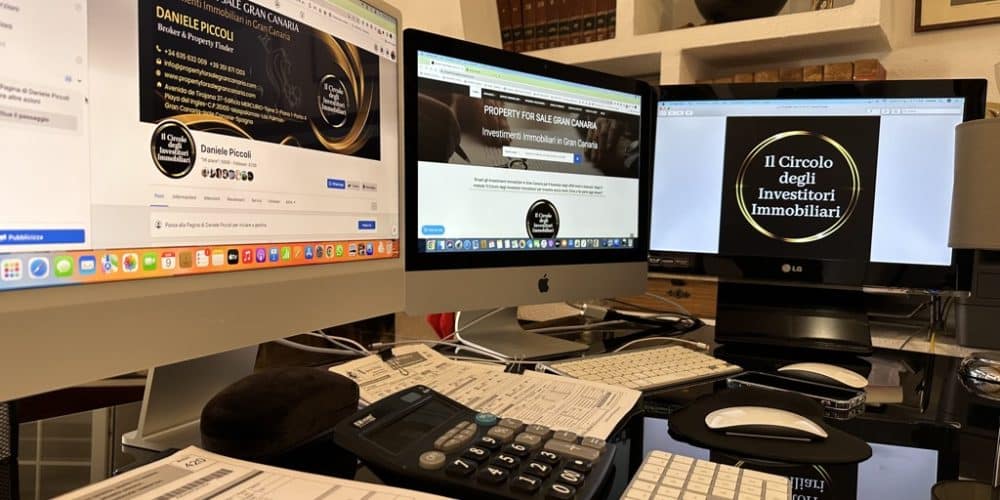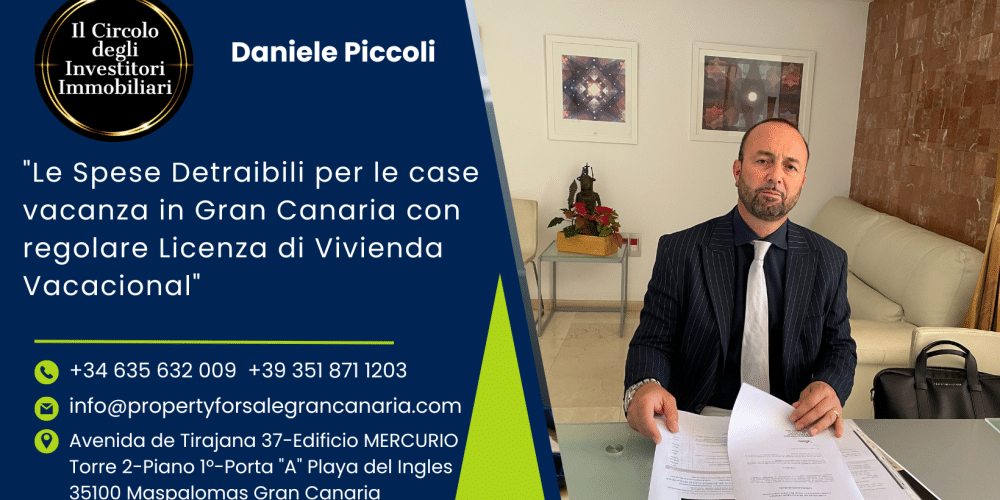What is Model 400 in the Canary Islands and What is it for: Complete Guide 2025
The “Model 400” is a fundamental administrative document in the Canary Islands, used for various tax and legal procedures. This model is closely related to the Canarian tax system, which has peculiarities compared to the rest of Spain, thanks to the Canary Islands’ special economic and fiscal regime (REF – Régimen Económico y Fiscal de Canarias). In fact, the Canary Islands enjoy a differentiated tax regime, with specific taxes and regulations aimed at promoting the economic and social development of the archipelago.
What is the Model 400?
Form 400 is a tax declaration required for the registration, modification or termination of a business activity in the Canary Islands. It is mandatory for all natural or legal persons who intend to carry out a commercial, entrepreneurial, professional or artistic activity in the archipelago. It serves mainly for the purposes of the Canary Islands Indirect General Tax (IGIC), the equivalent of VAT in the rest of Spain, but with generally lower rates.
Features of the Model 400
The Model 400 is mainly used for:
- Registration of new businesses: Anyone who wants to start a business in the Canary Islands, such as running a “vivienda vacacional” (vacation home), must fill out this form to register with the Census of Entrepreneurs and Professionals.
- Changes in tax information: Changes in location, changes in business or any other tax-relevant changes require submission of an updated Form 400.
- Cessation of business: In case of cessation of business, Form 400 must be submitted to notify the Canary Islands Tax Agency of the closure.
The Canary Islands Indirect General Tax (IGIC).
A tax peculiarity of the Canary Islands is the IGIC, with an ordinary tax rate of 7 percent, which is lower than the VAT in the rest of Spain. The Form 400 is closely related to the IGIC, as it is essential for the correct identification of economic activity for the purposes of this tax.
What is the Model 400 for?
The Model 400 has several central functions for the fiscal and administrative management of economic activities in the Canary Islands:
1. Registration for tax purposes
The first function of Form 400 is to register an economic activity for tax purposes. For example, if you want to start a “vivienda vacacional” business for your apartment, you must submit this form to the Canary Islands Tax Agency.
2. Notification of changes to the activity
If the business undergoes changes, such as a change of address or corporate purpose, these must be reported via Form 400.
3. Cessation of business.
When a business is discontinued, Form 400 must be filed to avoid continuing to be subject to IGIC-related tax obligations.
4. Fulfillment of tax obligations
The Form 400 is essential for tax compliance in the Canary Islands. It ensures that the business operates in accordance with local tax regulations.
How to Apply for Model 400?
If you plan to start a “vivienda vacacional” (vacation rental) business with your apartment in the Canary Islands, Form 400 is an essential step. Completing it requires you to enter specific details related to your business, including:
- Identifying data: Name, address, and tax identification number of the person or company.
- Activity data: Description of the activity, sector it belongs to, and address of the activity.
- Type of operations: Types of operations that will be carried out, especially in relation to IGIC.
- Applicable tax regime: Details of the specific tax regime applicable to the activity.
To request the Form 400, contact our agency. We will assist you every step of the way to ensure proper filing and registration of your “vivienda vacacional” business, ensuring compliance with all tax and legal regulations.
Importance of Model 400
The Model 400 is fundamental to the proper functioning of the tax system in the Canary Islands. It ensures that tax authorities can monitor and manage economic activities, ensuring compliance with local regulations. In addition, the proper administration of the Form 400 avoids penalties and legal problems related to failure to declare or report tax data.
Conclusion
The Form 400 is an essential document for anyone who intends to start a business in the Canary Islands, including the activity of “vivienda vacacional.” It is used to register, modify or discontinue a business, ensuring the proper fulfillment of tax obligations, particularly in relation to the IGIC. For proper filing of Form 400 and to start your vacation home business, contact our agency. We will be happy to assist you every step of the way.
Daniele Piccoli +34 635632009 +39 3518711203







